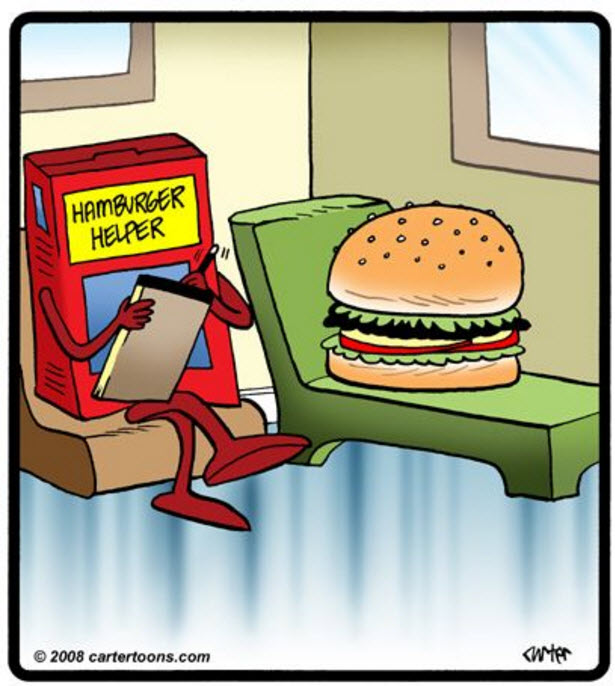
I don’t know how to change a flat. I also don’t know how to make cheesecake, dye my hair, fill in a cavity or wrap presents that are not perfectly square or rectangular. So when it comes to practical stuff, I am willing to turn to others for help. However, if I’m struggling with an existential issue, heartbreak, or any other emotional upheaval, I close up tight. I refuse to let anyone open my Pandora’s Box of emotions, much to the frustration of my friends and several ex-boyfriends.
“You know, I’m here if you ever need to talk,” my best friend will always tell me.
“You know that’s not going to happen,” I always answer.
“Why do you insist on carrying the burden of the world on your shoulders?” she’ll say, exasperated.
“Because it’s who I am. The Sisyphus of emotional pain, endlessly carrying my burden up the hill…I’m mostly just stubborn though.”
And I’m not the only one! When I looked at data from Queendom’s Coachability Test, I discovered that stubborn determination isn’t the only reason why people hate asking for help:
- They don’t want to look weak, stupid or incompetent. (Yup, check-mark for me √).
- It’s hard for them to swallow their pride and admit they can’t do something on their own.
- In their eyes, any personal goal that is achieved through the help of others is tarnished.
- They get defensive when offered criticism, even when it’s constructive. √
- They prefer to do things their own way, even if others suggest better alternatives. This may be stubbornness, but it could also stem from a desire to be innovative.
- They over-estimate their skills – and then when placed in situations where these skills are put to the test, they are too embarrassed to admit their ineptitude.
- There are not comfortable with the sense of vulnerability that comes with admitting weaknesses or fault. √
- They don’t like the idea of having to give up their power – asking for help can sometimes mean sitting back and letting someone else take charge.
Knowing why I don’t like asking for help offers clarity and a deeper understanding of my hang-ups. Does it make it easier for me to share some of my burden with others? Not really. I have to keep reminding myself that:
- Simply talking about what’s bothering me can lighten the load a bit (Thank you, Freud).
- Others could have insight into my problem that may not have occurred to me. Chances are, there is someone, somewhere out there who has been through the same problem, which makes online support groups and forums a really valuable source of information and reassurance (especially since any other health-related searches in Google will turn you into a hypochondriac).
- Asking for help may feel like an act of weakness, but in all honesty, it takes a lot of guts to admit you can’t do something on your own.
- The pride of achieving something without anyone’s help is a great feeling…but so is the knowledge that there are people around me who care about me and want to do everything to help me succeed.
- Admitting that I’m not knowledgeable about something or skilled in a certain area (and therefore, need help) is less painful than pretending that I know what I’m doing when I really don’t – and then screwing up so badly that I just make things worse.
Insightfully yours,
Queen D


Rene
Reblogged this on Mind Chatter.